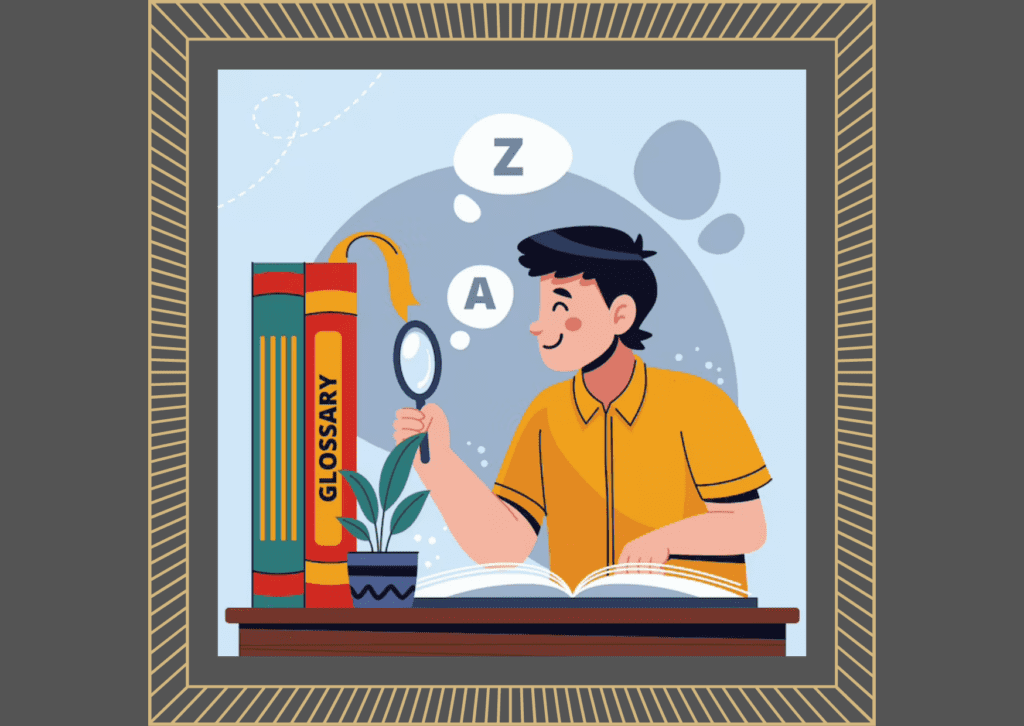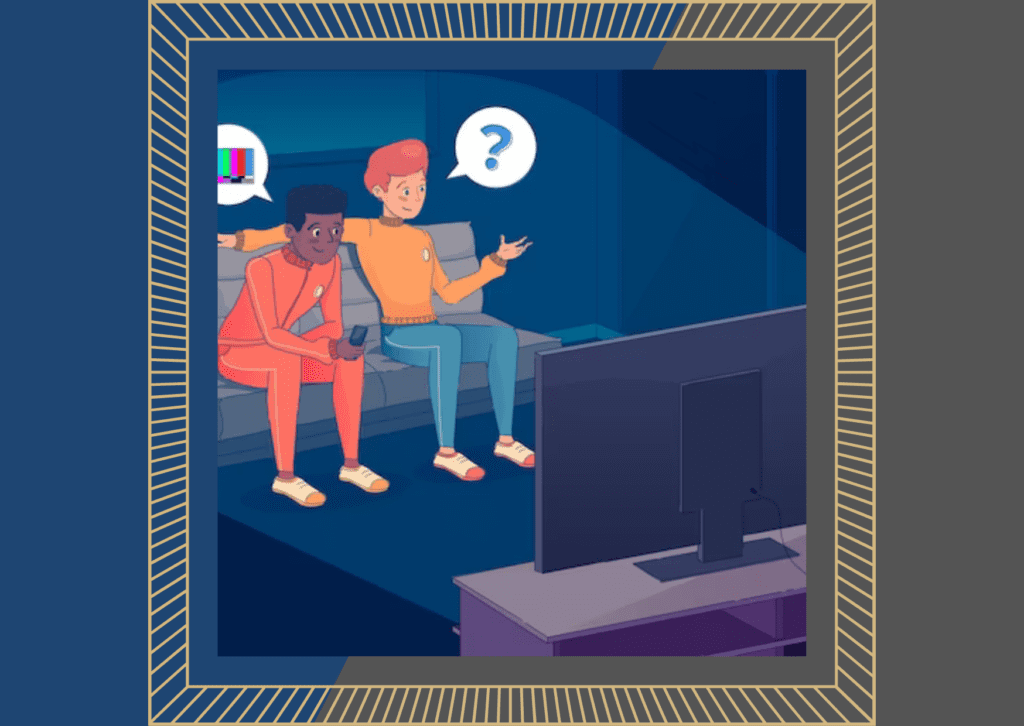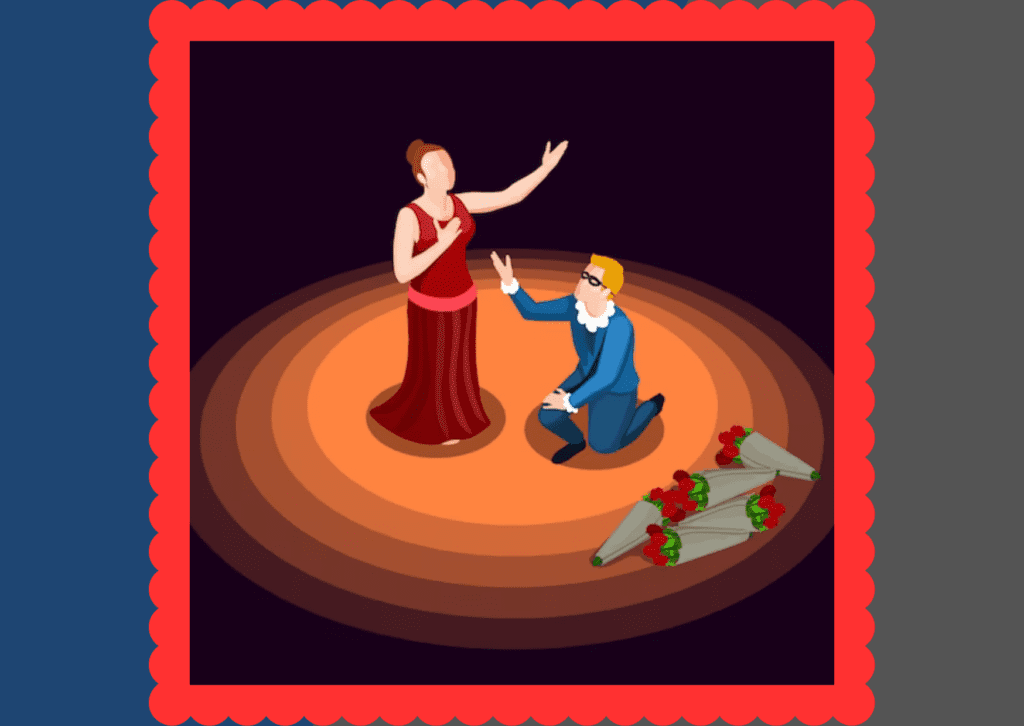Examples of dramatic irony tell us about different characters of society. Dramatic irony, a captivating literary device, unfolds when the audience possesses knowledge that the characters in a story are oblivious to. This creates a powerful sense of anticipation and tension, enriching the narrative and captivating readers’ hearts. In this article, we explore over 30 thought-provoking examples of dramatic irony that have graced literature and theater throughout history.
Definition of Dramatic Irony
Dramatic irony emerges when the audience comprehends pivotal information that eludes the characters. This results in a thrilling dissonance between what the characters believe to be true and what the audience is aware of, intensifying emotional engagement and story impact.
Describe some examples of dramatic irony
Examples of dramatic irony are given below,
Examples of Dramatic Irony in Literature
Romeo and Juliet
In Shakespeare’s timeless tragedy, Romeo mistakenly believes Juliet to be dead due to a misunderstanding, leading him to take his own life. Unbeknownst to him, Juliet is merely in a deep slumber induced by a potion. The audience, privy to this deception, witnesses the tragic unfolding of events.
Oedipus Rex
The classic Greek play “Oedipus Rex” follows Oedipus as he seeks to uncover the truth behind a plague tormenting his city. Ironically, the audience knows that he is the unwitting perpetrator of the crimes he seeks to solve – he has unwittingly fulfilled the prophecy of killing his father and marrying his mother.
The Great Gatsby
In F. Scott Fitzgerald’s “The Great Gatsby,” Jay Gatsby’s extravagant parties are thrown in an attempt to catch the attention of his lost love, Daisy Buchanan. The irony lies in the fact that while Gatsby passionately pursues his past, Daisy’s feelings have shifted, and she is entangled in her own web of emotions.
To Kill a Mockingbird
Harper Lee’s masterpiece introduces Tom Robinson, a black man falsely accused of raping a white woman. The audience discerns the truth of Tom’s innocence, while the racially biased society of the time remains blind to it.
Macbeth
Shakespeare’s “Macbeth” showcases the titular character’s descent into madness and tyranny driven by his ambition. The audience is aware of the witches prophecies, which adds a layer of tension as they watch Macbeth’s actions lead him toward his own demise.

Dramatic Irony in Television and Film
Breaking Bad
In this TV series, viewers witness Walter White’s transformation from a mild-mannered chemistry teacher to a ruthless drug lord. The audience’s knowledge of his criminal activities starkly contrasts with his family’s perception, creating a gripping sense of irony.
The Truman Show
“The Truman Show” portrays Truman Burbank, who lives a seemingly idyllic life. Yet, the audience is acutely aware that his reality is a meticulously orchestrated TV show, generating a compelling divergence between Truman’s perceptions and the truth.
Titanic
James Cameron’s “Titanic” intertwines a fictional romance with the infamous sinking of the ship. Audiences watch as characters make plans for the future, unaware of the impending disaster that fate has in store.
Game of Thrones
Throughout the series, viewers are privy to hidden agendas and secrets that characters are oblivious to. This knowledge amplifies the shock of unexpected twists and fates that unfold in the complex and volatile realm of Westeros.

Dramatic Irony in Theater
Hamlet
Shakespeare’s “Hamlet” features the titular character’s quest to avenge his father’s murder. The audience witnesses Hamlet’s inner turmoil and the machinations of others, while the characters within the play remain ignorant of the truth.
The Importance of Being Earnest
Oscar Wilde’s comedic play thrives on mistaken identities. Audience members revel in the irony of knowing the true identities of characters while watching them navigate a web of misunderstandings and humorous situations.
Julius Caesar
In this Shakespearean tragedy, the audience recognizes the impending conspiracy to assassinate Julius Caesar. This awareness casts a shadow over the interactions of characters, creating tension as events march inexorably toward their tragic conclusion.
A Streetcar Named Desire
Tennessee Williams’ masterpiece features Blanche DuBois, whose illusions clash with reality. Audiences grasp her precarious mental state, heightening the tension as those around her remain oblivious to her struggles.

Dramatic Irony in Everyday Life
Beyond literature, television, and theater, dramatic irony often finds a place in our daily lives. From misunderstandings in conversations to unexpected twists in personal narratives, the irony of knowing more than those around us adds depth and intrigue to our interactions.
30 Examples of dramatic irony
| Example | Source | Description |
|---|---|---|
| Romeo and Juliet | Shakespeare’s Play | Romeo believes Juliet is dead, while the audience knows she’s only in a deep slumber. |
| Oedipus Rex | Macbeth’s ambition drives him to tragedy, and the audience knows the witches prophecies. | Oedipus seeks truth, unaware he’s fulfilled the prophecy of killing his father and marrying his mother. |
| The Great Gatsby | F. Scott Fitzgerald | Gatsby throws parties to win Daisy back, but the audience knows her feelings have changed. |
| To Kill a Mockingbird | Harper Lee | Tom Robinson’s innocence is clear to the audience, but society remains blind due to racial biases. |
| Macbeth | Shakespeare’s Play | Macbeth’s ambition drives him to tragedy, and the audience knows the witches’ prophecies. |
| Breaking Bad | TV Series | Walter White’s family is oblivious to his criminal activities, creating a stark contrast for viewers. |
| The Truman Show | Film | Truman lives in a TV show, while the audience is aware of the orchestrated reality. |
| Titanic | James Cameron’s Film | Characters plan for the future on the Titanic, unaware of the impending disaster. |
| Game of Thrones | TV Series | Viewers foresee hidden agendas and twists that characters remain ignorant of. |
| Hamlet | Shakespeare’s Play | Hamlet seeks revenge, and the audience knows his inner turmoil and the machinations of others. |
| The Importance of Being Earnest | Oscar Wilde’s Play | Characters navigate misunderstandings, unaware the audience knows their true identities. |
| Julius Caesar | Shakespeare’s Play | The audience anticipates the conspiracy to assassinate Caesar while characters remain unaware. |
| A Streetcar Named Desire | Tennessee Williams’ Play | Blanche’s illusions clash with reality, known to the audience but hidden from others. |
| Friends (TV Show) | TV Series | Viewers know about Chandler and Monica’s relationship before the other characters find out. |
| Iron Man | Marvel Comics/Film | Tony Stark’s identity as Iron Man is concealed from the public, creating tension and irony. |
| The Sixth Sense | Film | The audience realizes the protagonist sees dead people, while he remains unaware initially. |
| The Lion King | Disney Film | Simba’s identity and past are known to the audience, but he’s ignorant of them for a while. |
| The Gift of the Magi | O. Henry’s Short Story | A couple’s sacrifices are ironically rendered useless by each other’s gifts, unknown to them. |
| The Cask of Amontillado | Edgar Allan Poe’s Story | The audience knows the narrator’s sinister intentions, in contrast to the victim’s cluelessness. |
| The Office (TV Show) | TV Series | Jim’s feelings for Pam are evident to the audience, while Pam remains unaware in the early seasons. |
| Stranger Things | TV Series | The audience understands the supernatural occurrences, but the characters are initially in the dark. |
| Romeo and Juliet | Shakespeare’s Play | Juliet’s apparent death leads Romeo to suicide, unaware of her true state, engaging the audience. |
| The Tell-Tale Heart | Edgar Allan Poe’s Story | The reader comprehends the narrator’s madness while he’s oblivious to the insanity he portrays. |
| House of Cards | TV Series | Frank Underwood’s manipulations are known to the audience, creating tension when characters interact. |
| The Matrix | Film | Neo’s reality is altered, and the audience knows more about the world than he does initially. |
| Pride and Prejudice | Jane Austen | Elizabeth Bennet’s assumptions about Mr. Darcy change when the audience is aware of his character. |
| The Simpsons | TV Series | The show often features ironic situations, where viewers see outcomes characters don’t foresee. |
| The Odyssey | Homer’s Epic Poem | Odysseus returns home in disguise, revealing his identity to the audience but not to all characters. |
| The Outsiders | S.E. Hinton | The audience is aware of Johnny’s heroic act before the other characters learn about it. |
| The Wizard of Oz | L. Frank Baum’s Book | The audience knows the Wizard’s true identity, contrasting with the characters’ perceptions. |
| Pretty Little Liars | TV Series | Viewers learn about the antagonist A’s identity before the protagonists uncover the truth. |
These examples span various forms of media and literature, highlighting the diverse ways dramatic irony enriches storytelling and captivates audiences.
Dramatic irony transcends its literary origins, permeating various forms of media and even our real-life experiences. The power of knowing what characters do not foster a connection between the audience and the story that lingers long after the final page or scene. As we explore the multitude of examples across literature, screen, and stage, we recognize that dramatic irony is a testament to the complexity of human storytelling and the profound impact it leaves on our hearts and minds.

